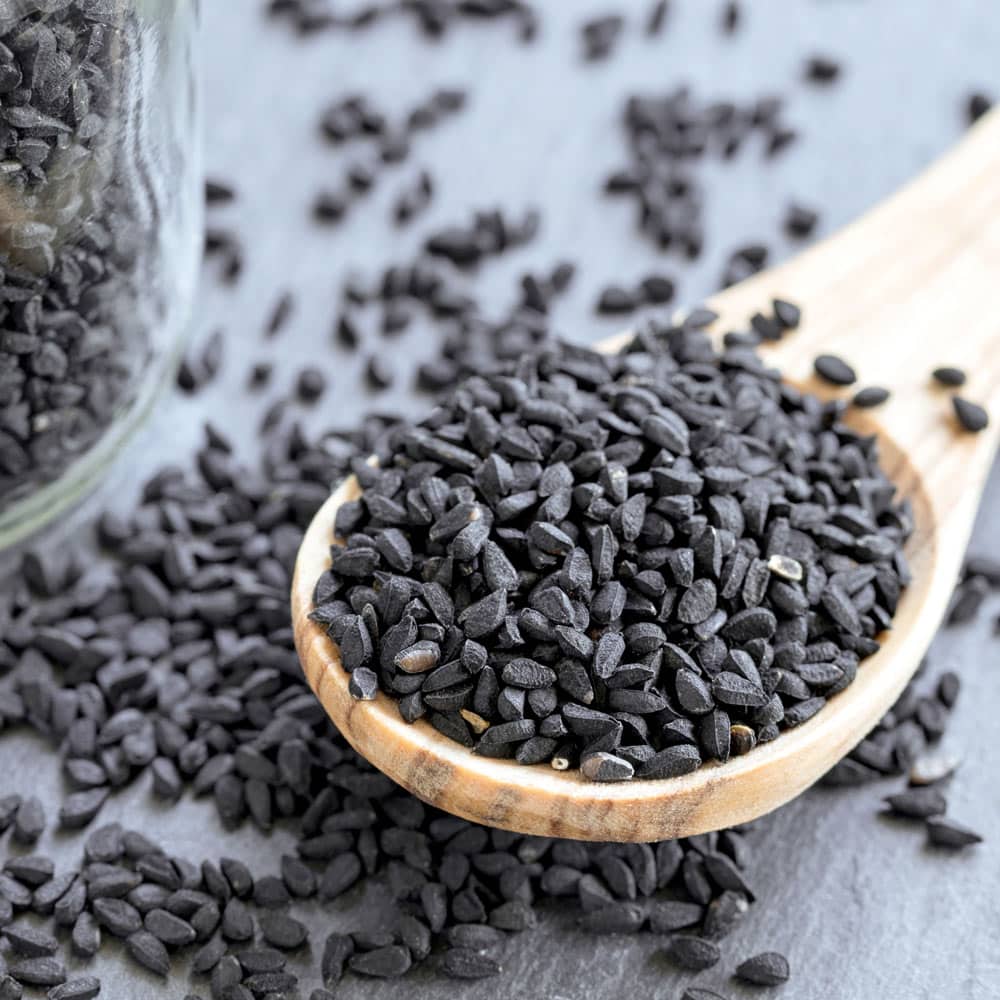Black cumin seeds (Nigella sativa) hold a significant place in traditional medicine and have been revered for centuries for their healing properties. Their recognition spans cultural and religious texts, including mentions in the Bible and the Quran, which underscores their historical importance in natural healing practices.

The seeds, also discovered in the tomb of Tutankhamun, have been a subject of modern scientific research, revealing their potential in addressing a wide range of health issues.
Historical and Cultural Significance
- Biblical and Quranic Mentions: The acknowledgment of black cumin seeds in such foundational religious texts highlights their esteemed status across cultures.
- Greek Medicine: Dioscorides, a prominent figure in ancient Greek medicine, utilized black cumin for treating migraines and toothaches, showcasing its early medicinal applications.
Scientific Findings and Health Benefits
- Chemical Composition: Black cumin seeds contain over 100 chemical compounds, including essential fatty acids, which contribute to their health benefits.
- Disease Prevention: Research indicates their efficacy in preventing and managing diseases such as cancer, diabetes, obesity, and various autoimmune disorders. Their anti-inflammatory and immunomodulatory effects make them particularly beneficial in autoimmune conditions, where they help balance the immune response.
- Liver Health: Studies have shown that black cumin seeds can restore liver health and protect against damage, which is crucial for individuals experiencing adverse effects from medications or alcohol consumption.
- Diabetes Management: Black cumin is one of the rare natural remedies that have been found to help prevent both type 1 and type 2 diabetes.
- Additional Benefits: The seeds also promote weight loss, prevent hair loss, enhance skin health, fight infections, and possess anti-asthmatic properties. They have been shown to lower blood pressure, exhibit anticonvulsant activities, and offer renal protection.

Culinary Uses
Distinct Flavor: Unlike caraway, black cumin has a sweet-spicy taste with peppery notes, making it a versatile ingredient in cooking. It can be used in rice dishes, pastries, and Mediterranean cheeses.
Black cumin seeds exemplify the convergence of traditional wisdom and modern science in the pursuit of natural health remedies. Their broad spectrum of benefits, from disease prevention to culinary uses, makes them a valuable addition to a healthy lifestyle.
However, as with any supplement or remedy, it’s important for individuals to consult with healthcare professionals before incorporating black cumin seeds into their diet, especially if they have existing health conditions or are taking medication.





